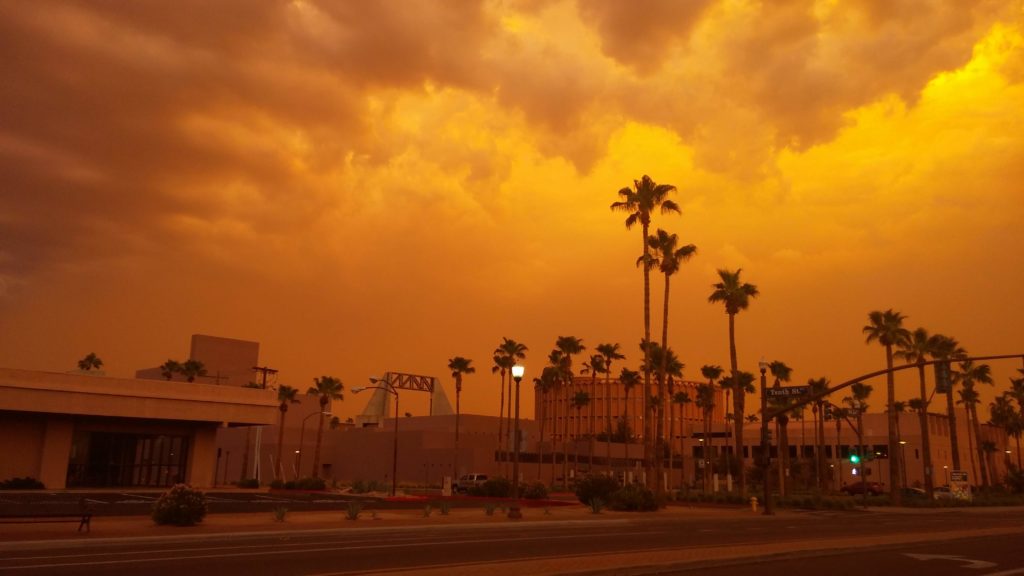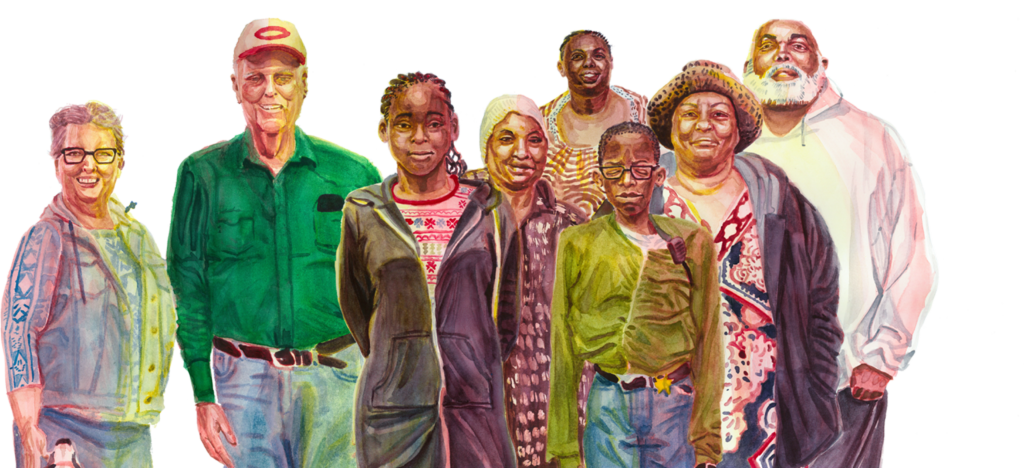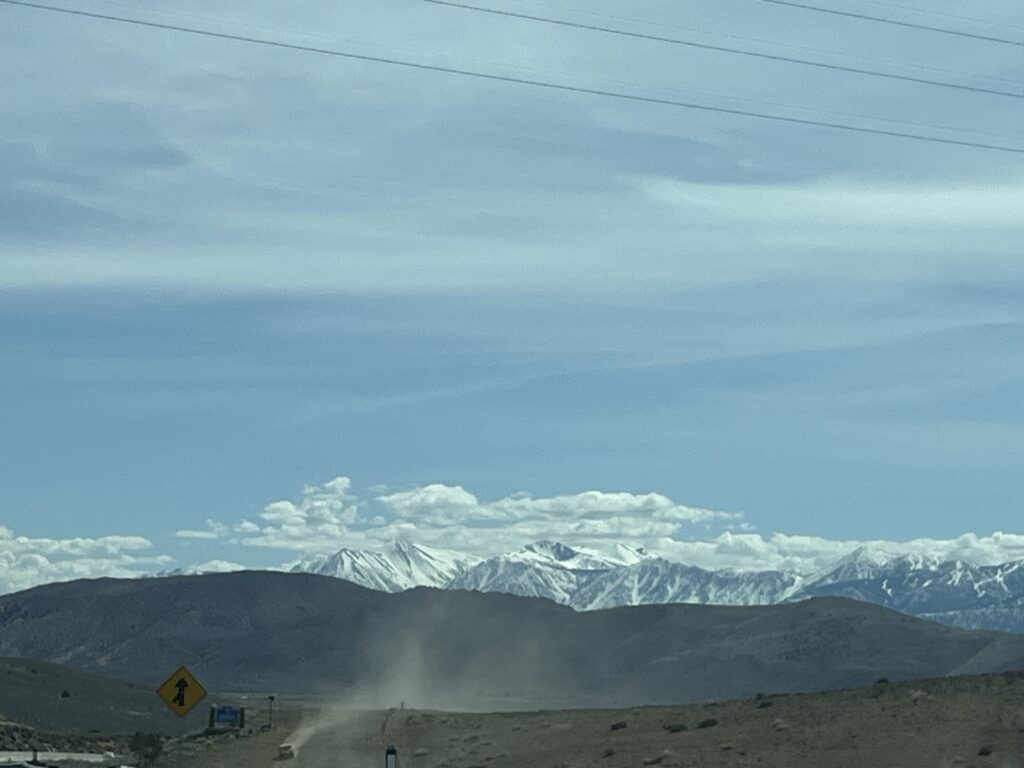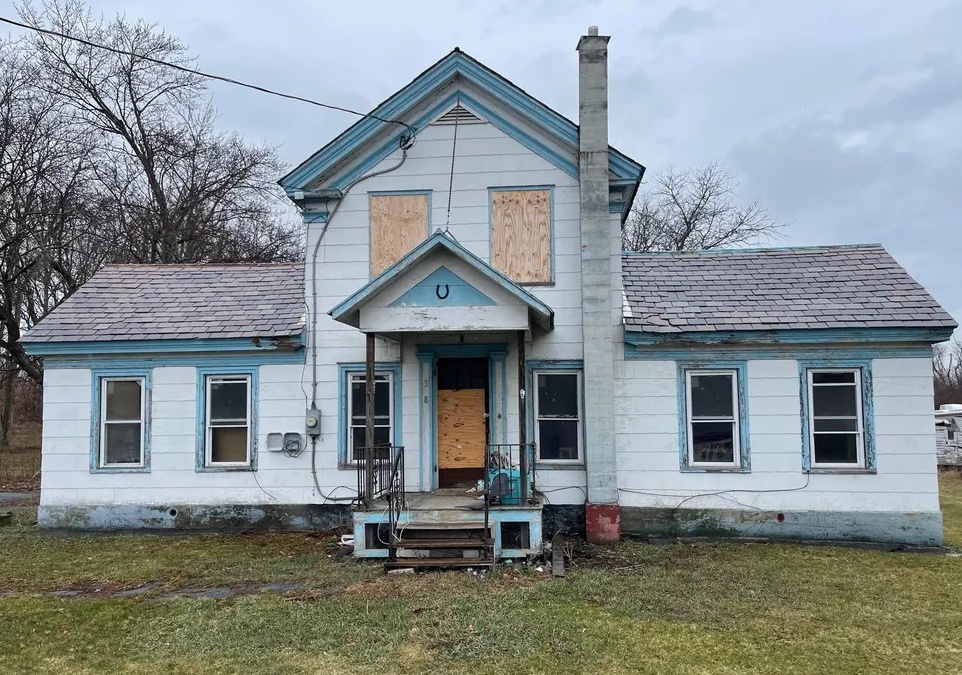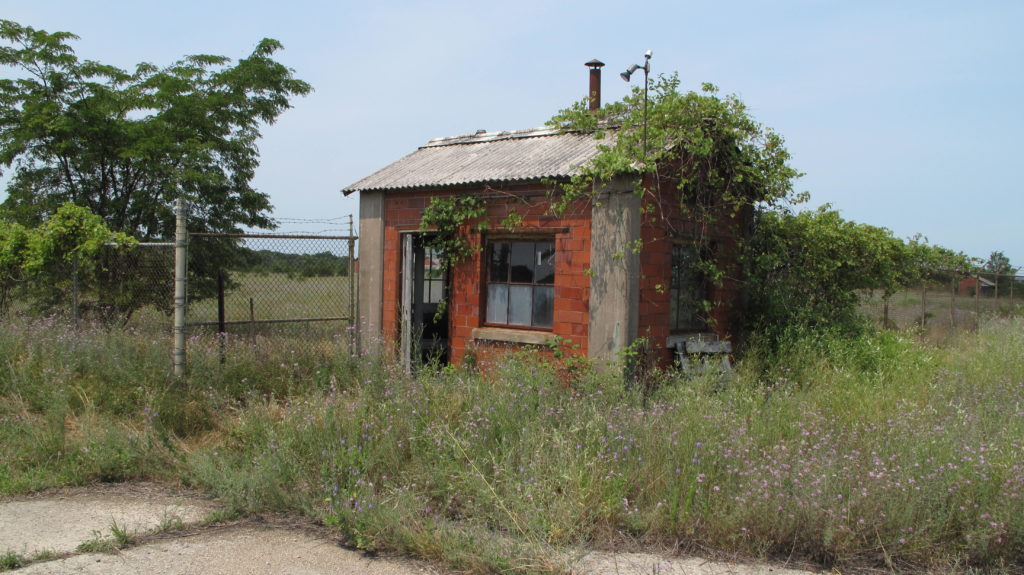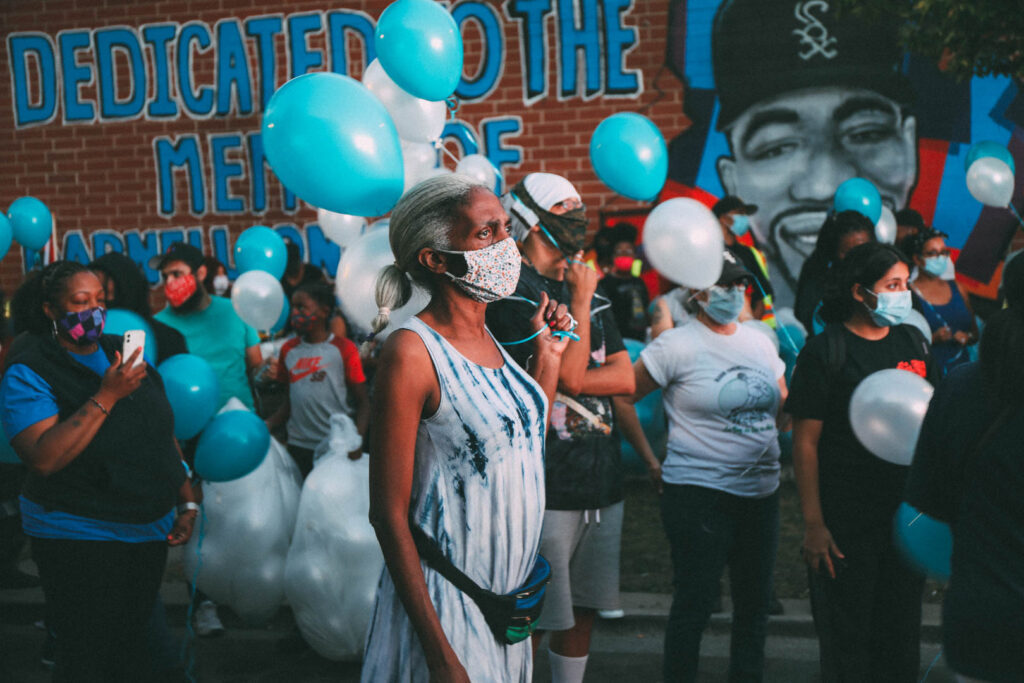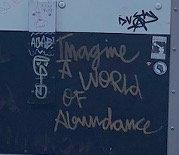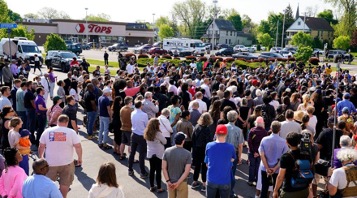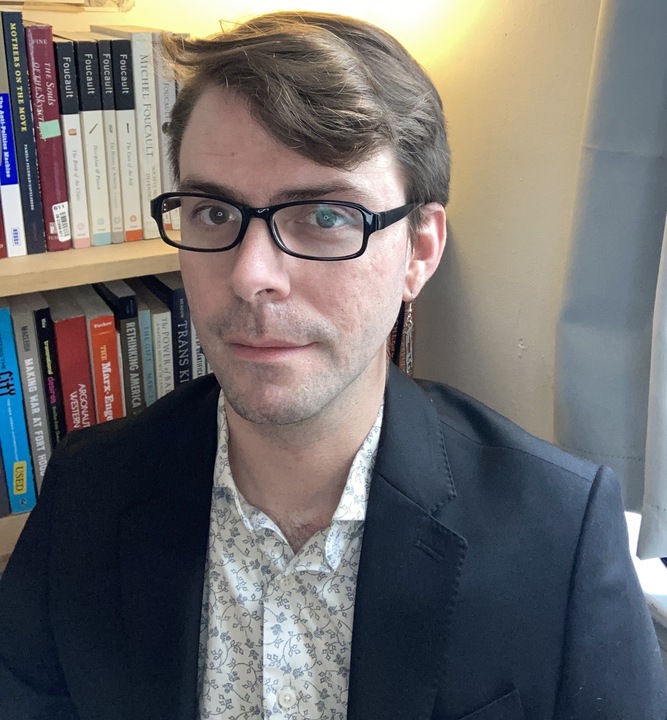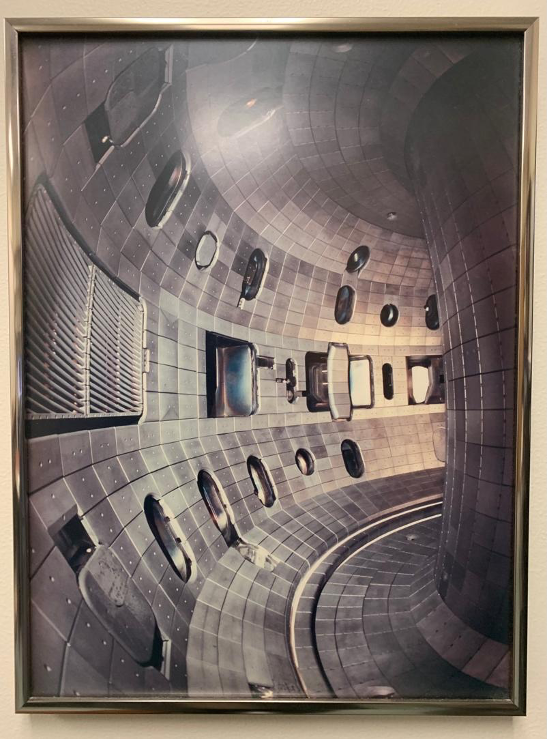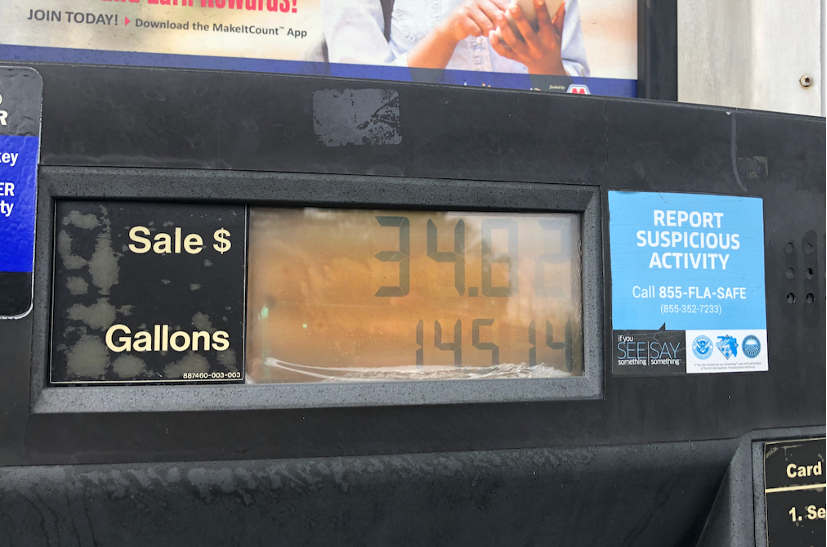
“I guess it makes them feel like they done their job”: Hard corners and other difficult turns in school shooting preparedness
Mr. Wilson points to a sign hanging on the wall behind his desk, referring to the other teachers with classrooms around the courtyard, “and that hard corner sign, makes us laugh. What a joke. There ain’t nowhere to hide in a room like this.” Identified by police as the best place to hide in the event of an active shooter, a hard corner sign hangs above the area of the classroom least visible to someone outside the room. Written into Florida school safety policy following the 2018 shooting at Marjory Stoneman Douglas High School in Parkland, schools are required to hang a hard corner sign above a police-identified hard corner in every K-12 classroom across the state. Using his hands and fingers to make air quotes, Mr. Wilson elates, “There ain’t no ‘hard corner’ in here! They just put that there ’cause it was on some checklist. I guess it makes them feel like they done their job.”
